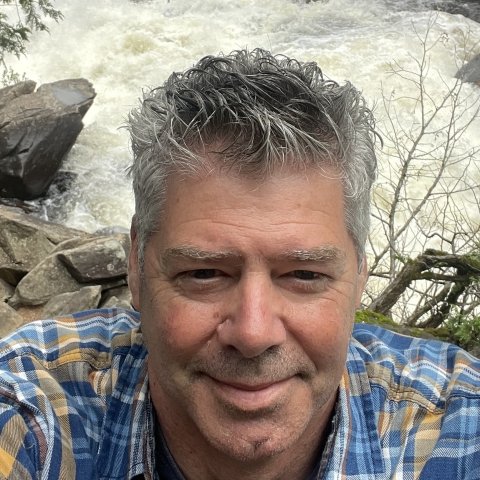Bruce Wallace
Global Fellow
Professional Affiliation
Former CEO, Nuclear Innovation Institute; Principal, Go To Sea Strategies
Expert Bio
Bruce has spent his professional life working in media, government, and technology innovation across Canada, the United States, Europe, and Asia, nurturing an understanding of the way that individual issues connect to larger currents – but also how they differ according to people, place, politics, and culture.
He began his career in political journalism, covering the sovereignty movement in his native Montreal with Maclean’s magazine. He spent eight years based in London, reporting and writing on politics, economics, and civil unrest in the UK as well as across Europe, Africa and the Middle East for national news organizations. He then joined the Los Angeles Times as Tokyo bureau chief to cover politics and conflict across Asia for four years. He returned to North America to become a senior news executive with the Times in Los Angeles and later worked as global energy and environment editor with Reuters in Washington, DC.
Bruce has extensive experience in conflict zones, from the Balkans to the Middle East (Iraq, Lebanon, Israel/Palestine), Africa (Somalia, Rwanda), and Asia (Pakistan, Indonesia, North and South Korea), which gave him a frontline view of the connection between people’s behavior and beliefs, and how those forces shape the outcomes of national and global security policies. He has seen firsthand how rapid changes in digital media continue to rewire culture, politics and business, and alter our perceptions of trust in information.
Bruce has spent the last decade immersed in the volatile clean energy policy and political space. He has been a consultant on policy and communications issues in the Ontario government’s ministry of research, science and innovation, including the establishment of the Vector Institute for Artificial Intelligence. He was in the C-suite establishing Canada’s Global Innovation Cluster in Advanced Manufacturing. And he most recently spent four years as CEO of the private sector-funded Nuclear Innovation Institute, giving him insight into the crosscurrents between science and politics, technologies and capital investment.
